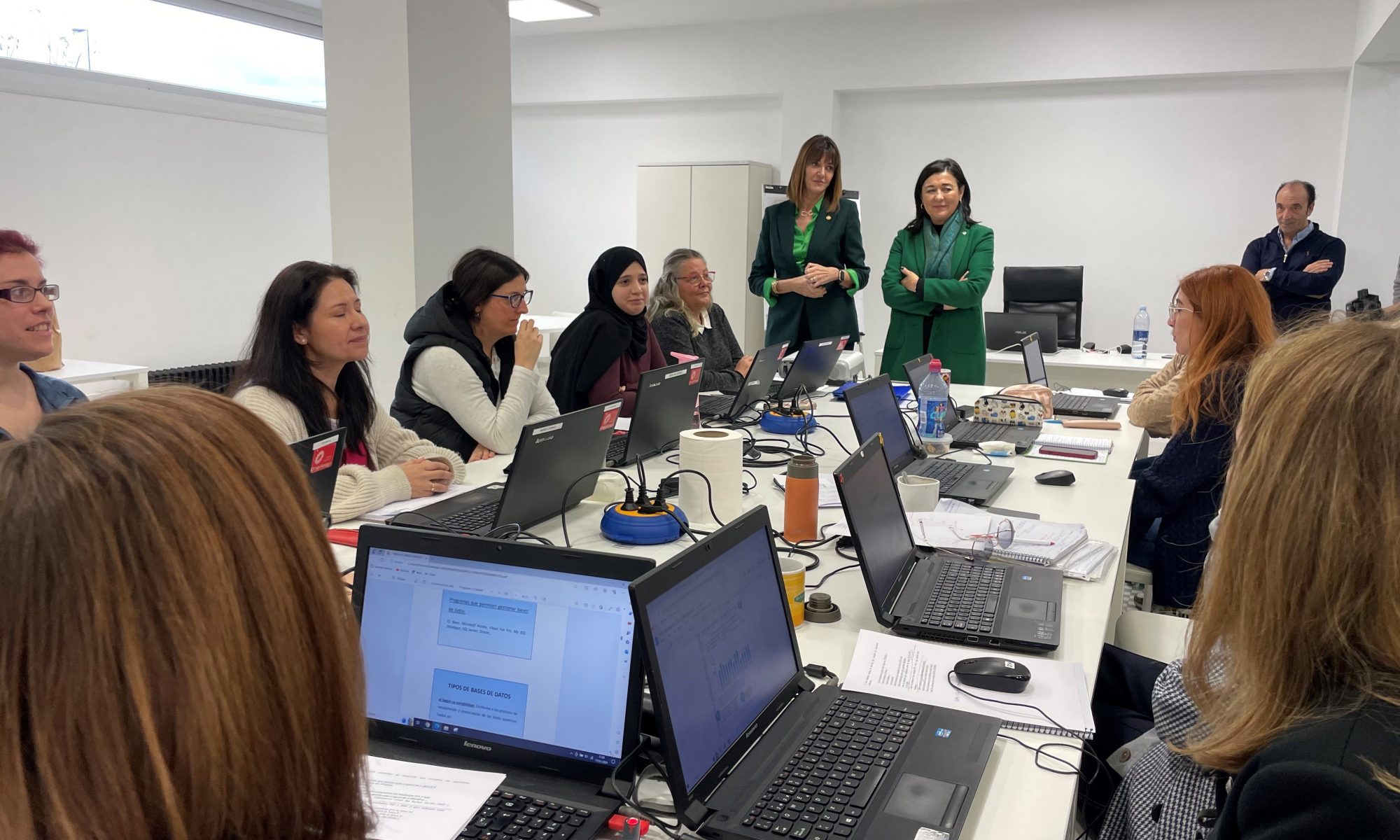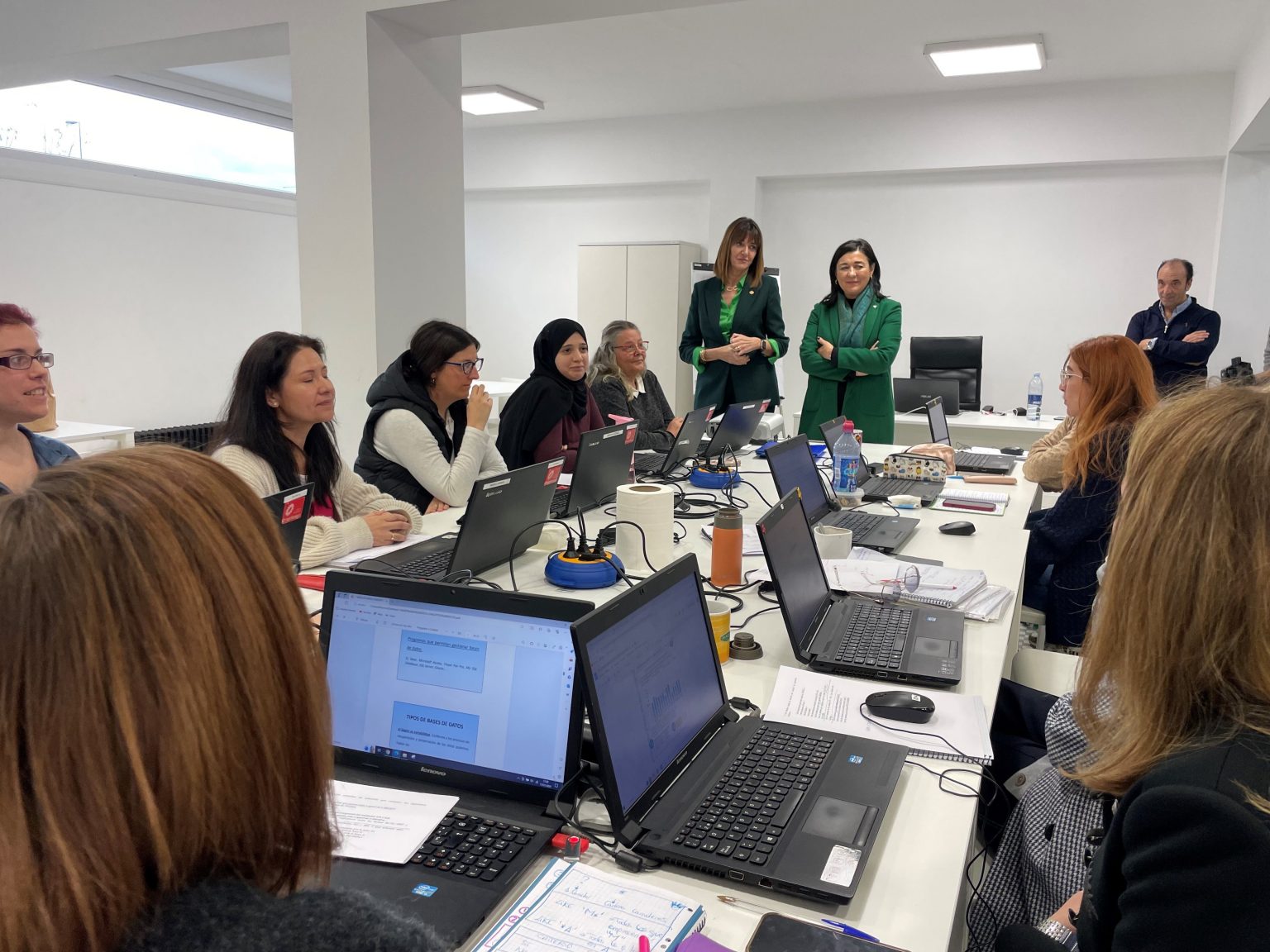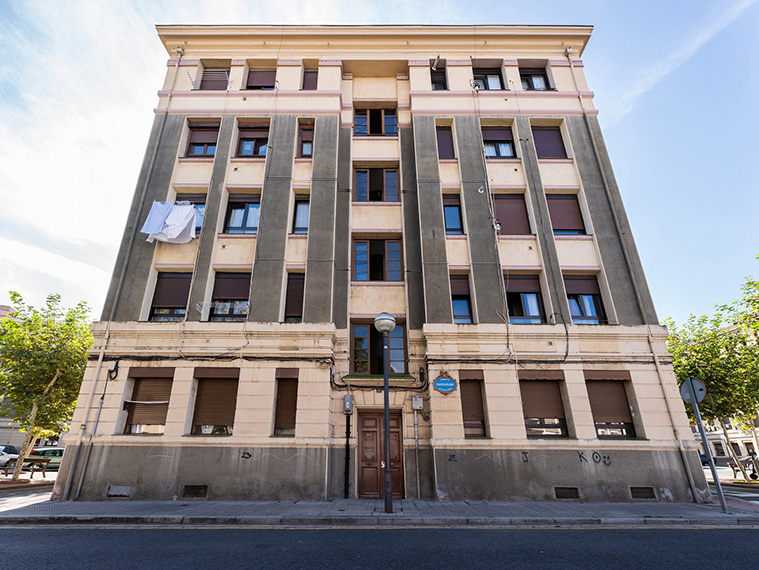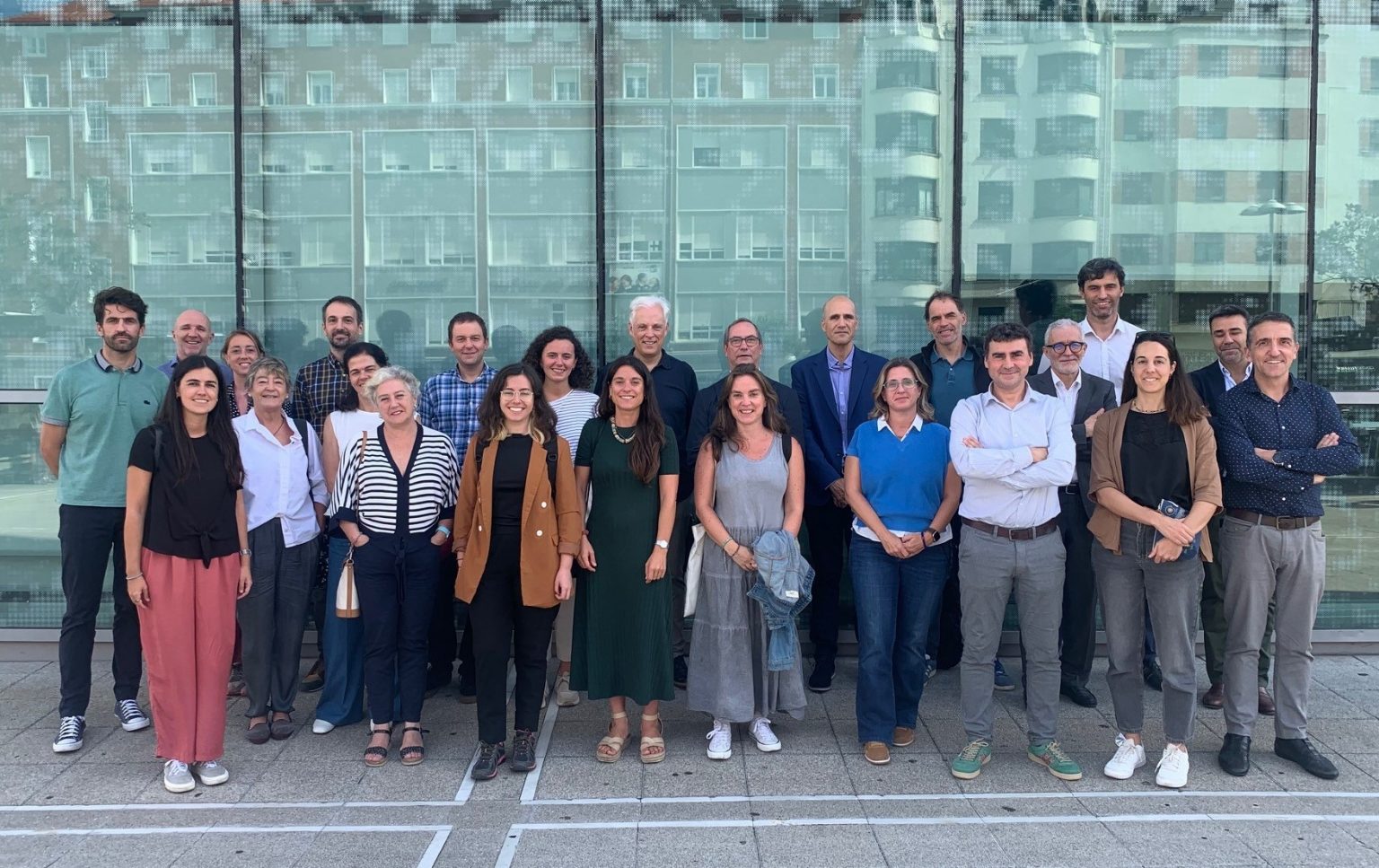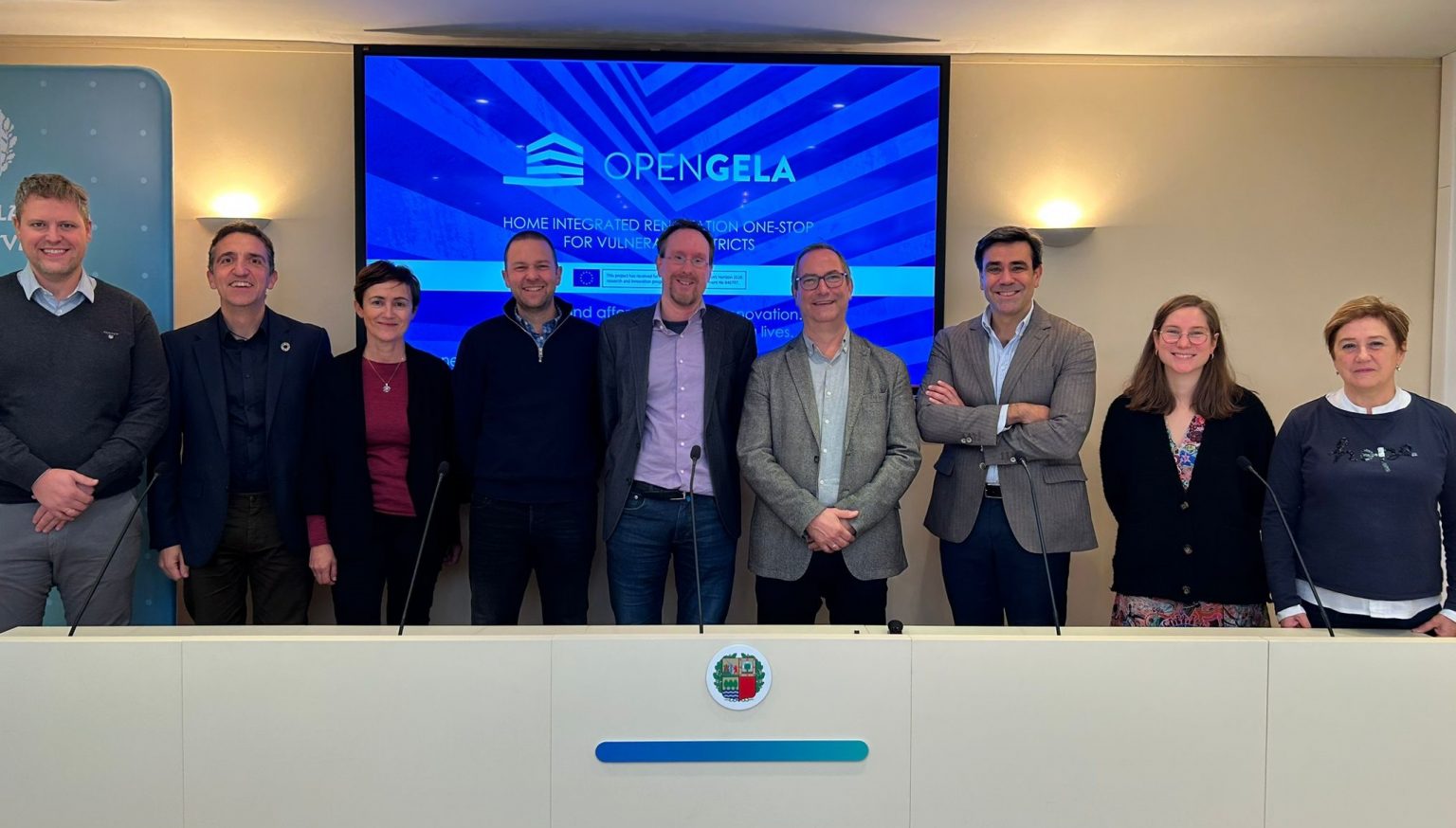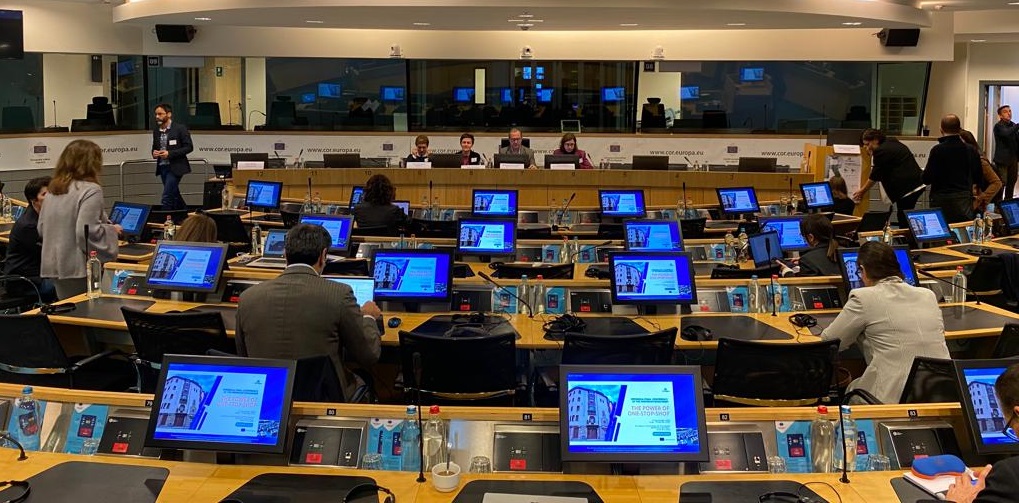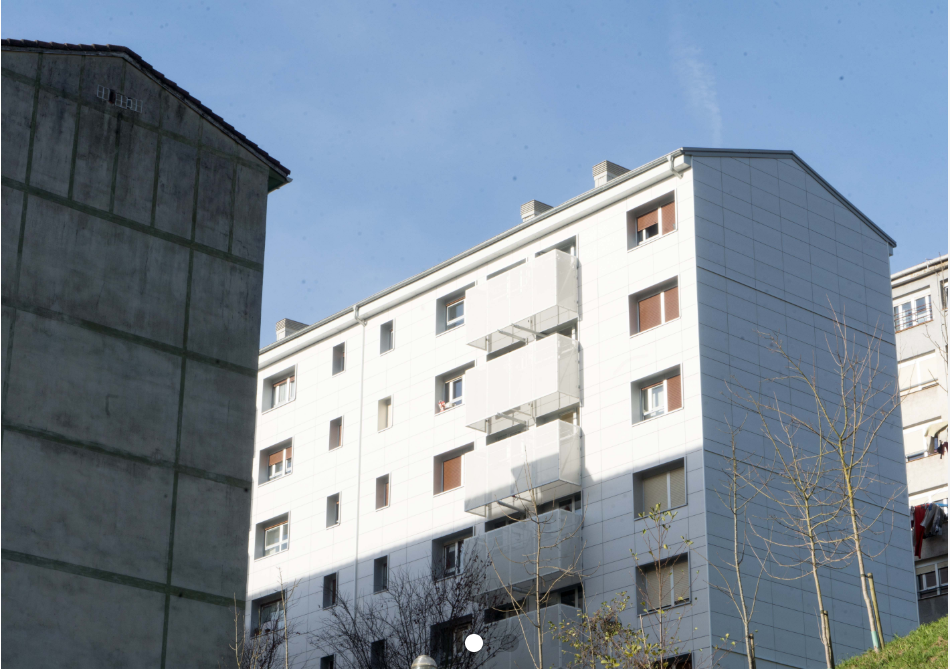Opengela programme showcased in Brussels as a benchmark for integrated urban regeneration

- The Basque Government organised an event bringing together leading members of the European Commission and the European Parliament, as well as representatives from the financial sector, industry, research and the third sector.
On 15 February, the Basque Government held a conference at the Delegation of the Basque Country in Brussels with a twofold objective. On the one hand, to present to the various European stakeholders the progress of urban regeneration in the Basque Country, and how it is being developed through the Opengela programme and the new European project BIRTUOSS. On the other hand, to gather the contributions of the various stakeholders at European level and to discuss how to develop effective models to facilitate the implementation of EU legislation in this area.
During the conference, comprehensive urban regeneration was addressed from a Basque and European perspective, focusing on four key aspects: social integration, promotion of employability and lifelong learning, involvement of companies and SMEs from various sectors, inclusive financing and tools to facilitate the monitoring of rehabilitation through the Building Passport and the Digital Logbook.
The event was attended by a number of Opengela – BIRTUOSS partners: Ignacio de la Puerta, director of Territorial Planning and Urban Agenda of the Basque Government and coordinator of the project; Jon Ansoleaga, general director of Build:inn; Olga Martín, general director of Aclima; Alex Carrascosa, member of EDE Fundazioa; Jokin Garatea, from the executive team of GAIA; Andoni Hidalgo, in-house consultant of Gabineteseis; José Ramón López, from the Basque Energy Agency (EVE) and Marta Lupatelli, project manager of Fedarene.
In this way, the OSS model was discussed as a tool for social integration. Experts from the Basque social sphere presented the example of the intersectoral integration and employability roundtables that are currently underway in more than 15 Basque municipalities, and which address the urban regeneration of the most vulnerable part of the population. In relation to this point, it was also stated that one of the conclusions reached by Opengela is the existence of a failure in the financial market that leaves a significant part of the population on the margins of building rehabilitation projects. Thus, there is a need for a broad debate on how to establish financial mechanisms that respond to this reality, and to discuss the role of public authorities in meeting the needs of this large sector of the population.
On the other hand, representatives from the research world such as the University of the Basque Country and the Brussels-based think-tank Buildings Performance Institute Europe (BPIE) highlighted the need for a «shift in focus» in urban regeneration from the perspective of the individual building to the neighbourhood scale. This was illustrated by the presentation of the results of a recently published BPIE research on ‘positive energy neighbourhoods‘.
Basque companies were also present at the conference and spoke about their experience in a project such as BIRTUOSS, in which the private sector is actively integrated with construction, environmental and technological companies. Experience has shown them that there are serious shortages of skilled labour in the different professional profiles required, which hinder the successful deployment of the so-called ‘European Renovation Wave’. Also, the OSS model has so far been developed with a certain scepticism towards and from the business sector, and it is believed that it is time to involve industry in robust and long-lasting public-private cooperation schemes actively. From the European perspective, a representative of Saint-Gobain underlined that the challenges of companies in the Basque Region are shared by the European industry in general, and praised the vision of multidisciplinary alliance that is being followed in BIRTUOSS.
Finally, the Basque Government emphasised that even with a participative citizenry, effective financial mechanisms and companies with a well-trained workforce, the transformation of cities through large-scale comprehensive urban regeneration faces a huge operational challenge. In this way, the Basque executive presented two innovative initiatives such as a Building Passport (BP) that incorporates a digital registration system that can represent a reference on the way forward in the near future, and a Digital Building Logbook (DBL) tool developed by the Polytechnic University of Catalonia in collaboration with Cíclica Arquitectura SCCL and funded by Opengela, which consists of interactive and customisable maps that can help organisers plan renovations and identify synergies to increase the energy efficiency of neighbourhoods.
Thus, the conclusion drawn from the talk was that the European Union’s Renovation Wave is entering a crucial moment and that, therefore, it is now the national and regional governments that must implement it effectively.
OPENGELA NEWSLETTER
Receive all news related to Opengela







